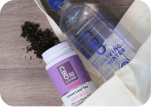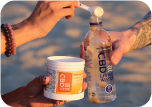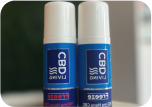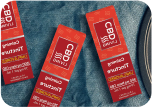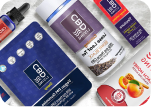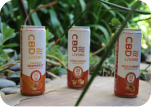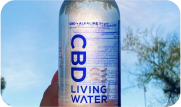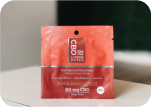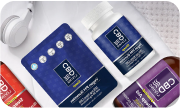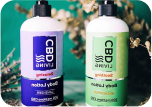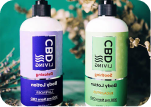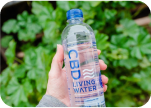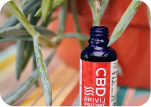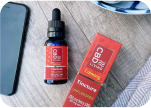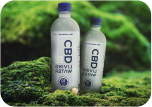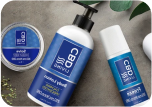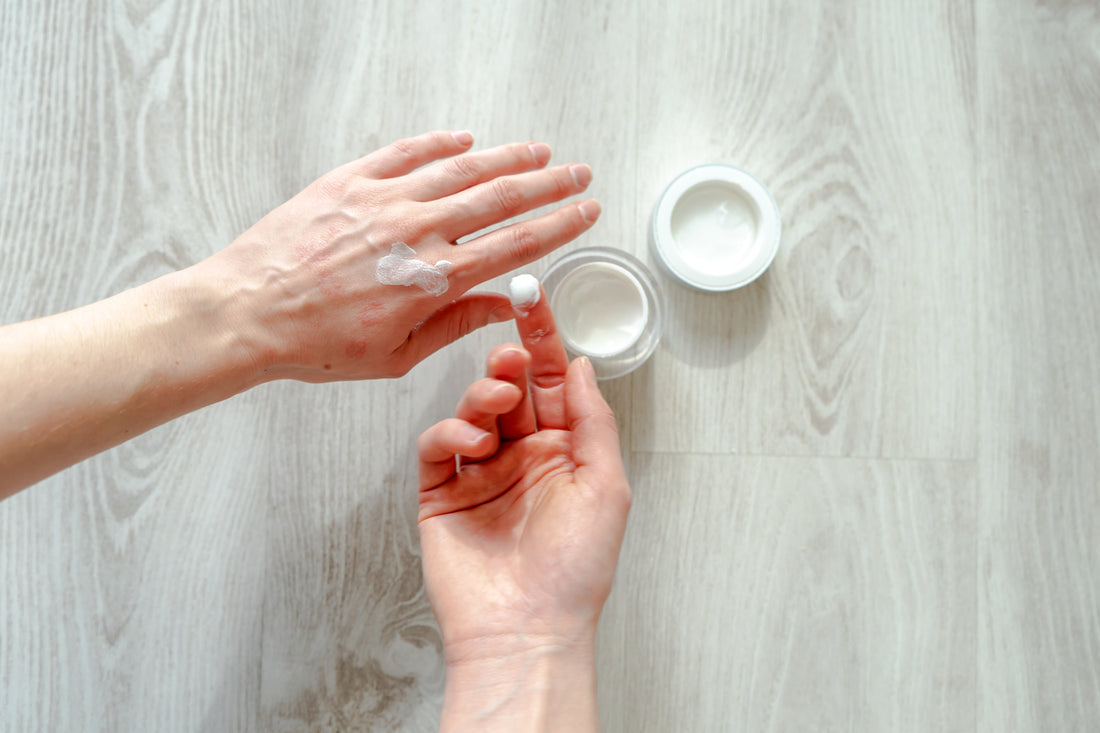
Eczema: Common Causes and Tips for Soothing This Skin Condition

Just under 32% of the population of the U.S. deals with eczema. For many people, eczema has become a way of life they can’t avoid, and as a result, they have just learned to “live with it.”
They may not realize that it doesn’t have to be like this.
Eczema Defined
Eczema causes inflamed, red, rough, cracked, and itchy skin. In some cases, blisters may appear. Even though the condition can be seen on top of your skin, the cause may be under the surface. This condition results from an overactive immune system that causes inflammation in your body.
Internal inflammation results in the symptoms you are familiar with. It’s also not contagious. While it isn’t contagious, if you scratch the patches on your skin, they will worsen, so you should avoid this urge.
Causes of Eczema
Your skin is made up of three layers. When your skin is healthy, the epidermis helps keep foreign substances, like allergens, viruses, and bacteria, from getting inside. However, with eczema, your outer layer of skin is weak, which means it is likely to experience inflammation caused by your body’s immune cells.
When you scratch, additional damage is done, making it even easier for foreign items to get inside. Once these items are inside, your immune cells let your body know it is being “attacked,” which is when the redness and rash appear.
Common Triggers and Causes of Eczema Breakouts
Now that you know what eczema is and that it’s usually caused under the skin, it’s a good idea to learn about some of the most common triggers for this skin condition.
While the specific cause is unknown, experts believe that eczema occurs due to a combination of environmental and genetic factors.
Some of the most common environmental factors that can lead to an eczema breakout include:
- Cold or hot temperatures
- Irritants
- Microbes
- Allergens
- Hormones
- Stress
- Foods
Methods to Help Prevent and Soothe Eczema
Even though there is no cure for eczema today, some treatments will help your skin where it is affected and help prevent a flare-up.
Some at-home methods you can try include:
- Apply lotion within three minutes after a shower or bath to “lock in” the moisture
- Take a lukewarm bath or shower
- Use moisturizer daily
- Use a mild or non-soap cleanser
- Keep fingernails short to avoid damaging the skin
- Wear soft fabrics like cotton
- Use a humidifier in the winter
- Air dry or pat your skin dry
- Avoid sudden temperature changes that cause sweat
You can also use topical ointments and OTC medicines to help relieve the itch. While these may be effective, many of the antibiotics and steroid creams are harsh and result in unwanted side effects.
For example, there are plenty of CBD-infused products that will get to the inflammation and help alleviate the symptoms of eczema. These products are moisturizing while relieving the itch that makes your skin feel dry and uncomfortable. It’s smart to try several products to see what works for you.


